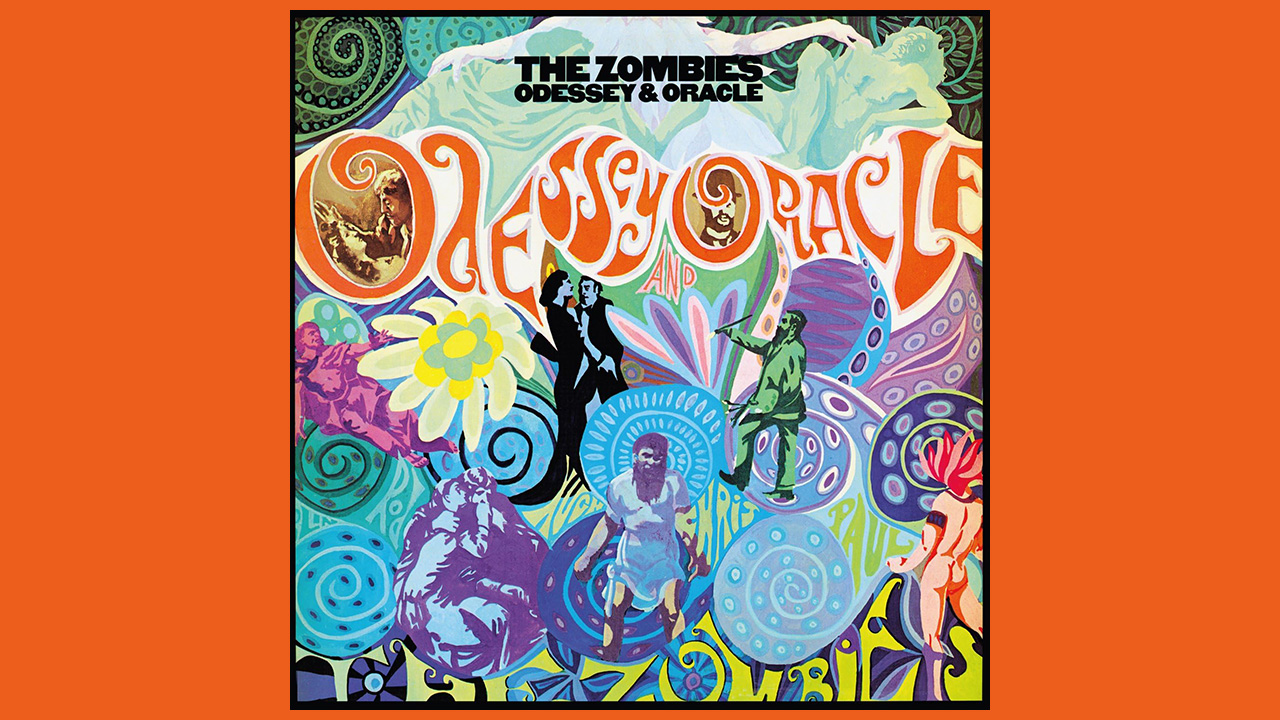“When the hits dried up they made a poignant, multi-layered swansong for the 60s”: The Zombies’ final album Odessey And Oracle is a proto-prog classic
Nothing is as it seems in Rod Argent and Colin Blunstone’s melodic and Mellotronic 1968 concoction, which ends with the song that split them up

Formed in 1962 by St Albans schoolboys Rod Argent (piano, organ vocals) and Colin Blunstone (vocals), The Zombies were part of the mid-60s wave of British invasion bands. But unlike their R&B-dominated counterparts, the pair leant more towards melodies, harmonies and jazz influences – as their singles She’s Not There (1964) and Whenever You’re Ready (1965) illustrated.
When the hits dried up, The Zombies signed to CBS to make Odessey And Oracle in 1967. Not only did it turn out to be their last album of the 60s, but it became a poignant, multi-layered swansong for the decade.
The recording took place at two iconic studios, Abbey Road and Olympic, using new technology combined with traditional instruments and song structures. The ‘new’ came in the form of the Mellotron, which offered a stately, otherworldly feel to the music. But it was used partly out of necessity, as there was no money for session musicians.
For the most part, the chirpy toe-tappers are gone, replaced by thoughtful conceptuality and folk-laden elegies, typified by the Victorian pump organ played by Argent on Butcher’s Tale, adding grim emphasis to a despairing soldier’s letter from the Western Front during World War I.
Nothing is ever quite as it seems: the harmonies in Care Of Cell 44 are carefree and joyous, until they give way to the realisation that you’re listening to a prison letter.
Less visceral but still stark is A Rose For Emily, a lament for ‘all the lonely people’ and for lives that quietly pass without coming into bloom. Blunstone’s high-pitched, wistful vocal is at its best on this companion piece to The Beatles’ Eleanor Rigby.
The litany of loss continues with the mournful psychedelia of Brief Candles (‘his sadness makes him smile’) and Maybe After He’s Gone, expressing misplaced optimism that a wayward lover will return. Only This Will Be Our Year breaks through the clouds in a burst of rousing optimism.
Sign up below to get the latest from Prog, plus exclusive special offers, direct to your inbox!
The passing of the seasons is another classical theme – the end of summer in Beechwood Park or the haunting Changes. The latter uses baroque and madrigal styles, possibly stemming from Argent’s background as a chorister.
As an influence for Midlake, Flaming Lips and countless psychedelic indie troupes such as Beechwood Sparks (see what they did there?), Odessey And Oracle earns a genteel seat at the table of prog alongside The Moody Blues’ Days Of Future Passed.
And although death, loss and ruined dreams loom large, the songs are delivered beautifully, culminating in Time Of The Season, which contains the seeds of the Zombies’ demise.
Blunstone disliked the song intensely, arguing with Argent over the vocal delivery, which triggered the discord that buried the band in December 1967. By the time the album was seized upon the legion of fans who hail it as a proto-prog classic, the band – at least for the time being – were already gone.
Claudia Elliott is a music writer and sub-editor. She has freelanced for BBC Radio 2's Sounds of the 60s, Uncut, History of Rock, Classic Rock and The Blues magazine. She is a 1960s music specialist.




